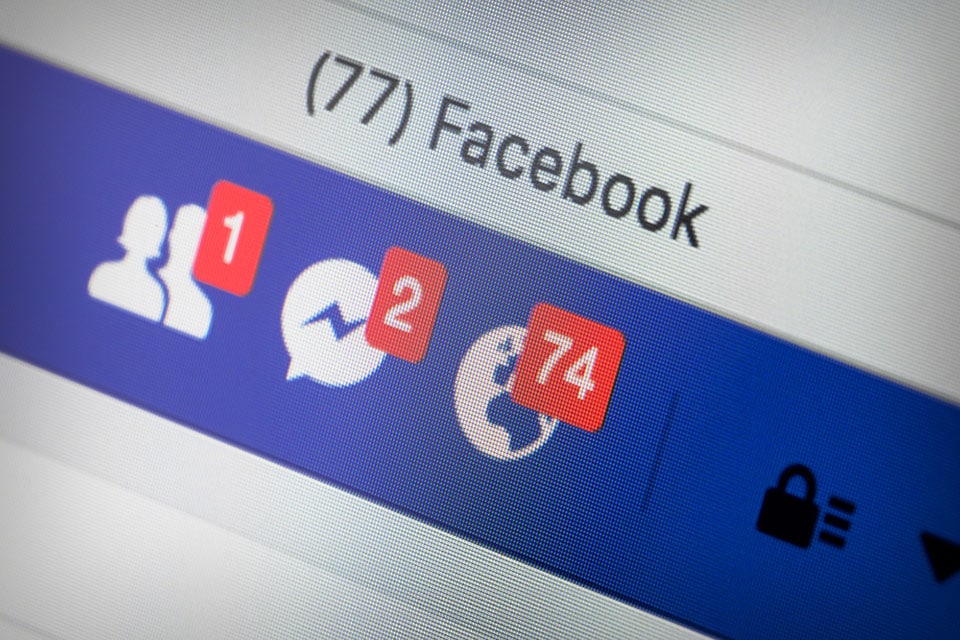As a loyalty marketer, what would you do if given access to one of the world’s largest customer databases and the best AI Engineers money could buy? Call it a Predictive Analyst’s dream. Is this Facebook's new "loyalty" initiative?
By Mike Giambattista
Directly off their Cambridge Analytica “Apology Tour”, a confidential Facebook memo describes the social behemoth’s intent, and to an extent, their strategy to predict, and guide what they are calling "customer loyalty." Could this be Facebook's new "Loyalty" initiative?
I’ll confess to being more than a little enamored with the idea of marrying predictive analytics with big data to find useful, actionable patterns. I’ll even admit to a little bit of fan-love when I first heard about Cambridge Analytica and their ability to use Facebook user data to predict voter intent (well before I was aware of the nefariousness). But a lot has happened since then.
- GDPR is now a thing. Everywhere.
- Cambridge Analytica happened and the fallout is still falling.
- Social media users (Facebook users, in particular) have a heightened awareness of their own data privacy and security issues.
Is this really the time for Facebook to be trotting out another way to profit from their user data? Bad timing aside, there is a lot to talk about here.
According to The Intercept, Facebook’s new advertising service expands sells access to its users’ data and, indeed, their lives. “Instead of merely offering advertisers the ability to target people based on demographics and consumer preferences, Facebook instead offers the ability to target them based on how they will behave, what they will buy, and what they will think. These capabilities are the fruits of a self-improving, artificial intelligence-powered prediction engine, first unveiled by Facebook in 2016 and dubbed “FBLearner Flow.”
Dig a little deeper in the document and it starts to become apparent the Facebook has a lot more in common with Cambridge Analytica than it likes to let on in public. But Facebook is going well beyond Cambridge’s relatively common psychographic profiling - which uses known consumer demographic data to segment and stratify users into likely decision patterns. With complete, unfettered access to what might be the world’s largest user database, Facebook’s AI-powered prediction engine can effectively parse and organize an unfathomable amount user data.
A 2016 ProPublica report found some 29,000 different criteria for each individual Facebook user.
ProPublica’s headline is telling:
“Facebook Doesn’t Tell Users Everything It Really Knows About Them”. The site shows users how Facebook categorizes them. It doesn’t reveal the data it is buying about their offline lives.
If Cambridge Analytica was a wake-up call for social media organizations, legislators and users to pay attention to what their data can produce, then GDPR couldn’t happen at a better time. But GDPR in and of itself does not equate to a solution.
One of the more fascinating aspects of the Facebook Apology Tour has been the lack of response from users. Aside from the momentary effect of the #deletefacebook movement, users have largely gone about their business completely ignoring the fact that they have been, in effect, used.
Is this just apathy? Fake news? Or are we watching the threshold of what is right or wrong move a little further away?
Mike Giambattista is Editor in Chief at The Wise Marketer and is a Certified Loyalty Marketing Professional (CLMP).


